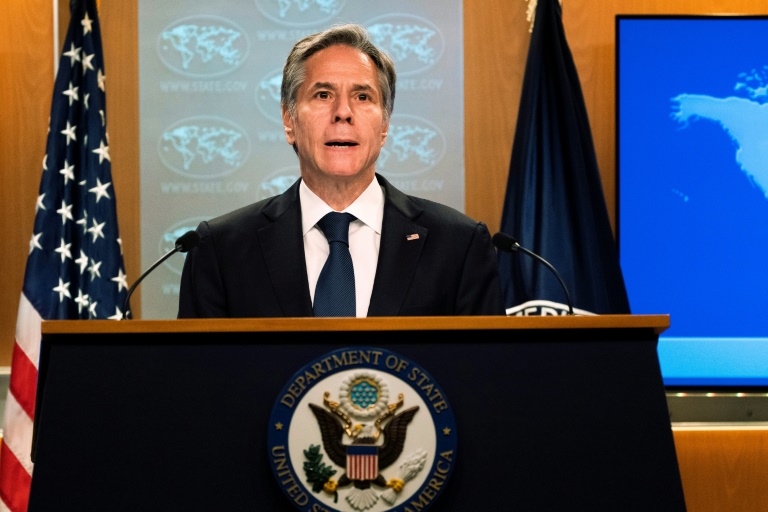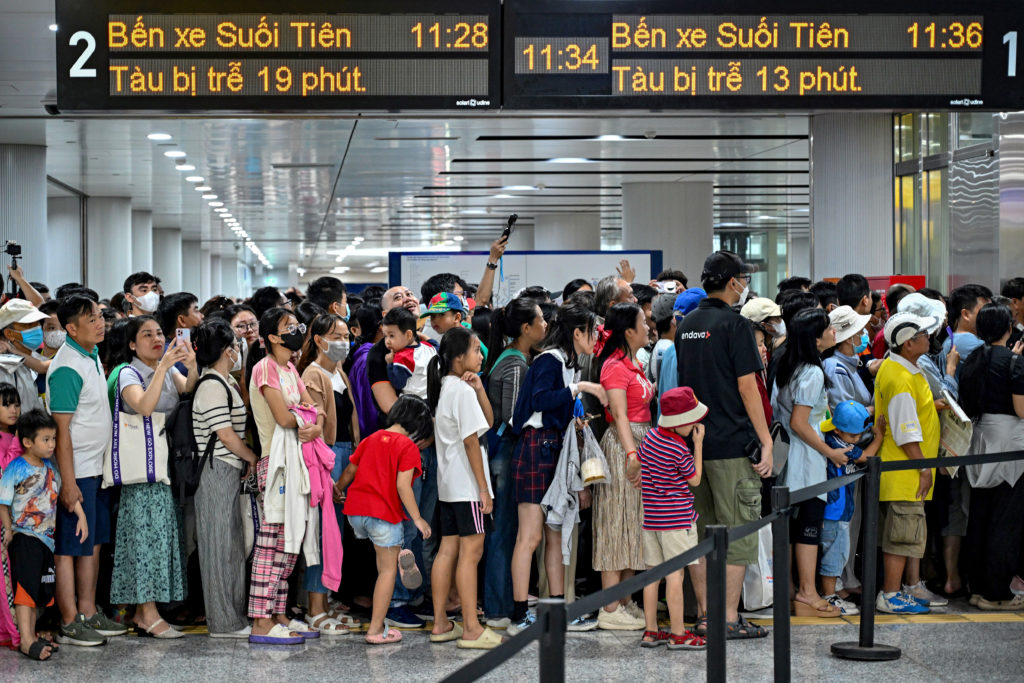The US Senate has passed legislation that would ban products imported from China’s Xinjiang region, the latest move to pressure Beijing over what Washington says are major human rights abuses against the Muslim Uyghur community.
The Uyghur Forced Labor Prevention Act, which cleared the upper chamber by unanimous consent late Wednesday, is intended to bar the import of products made through forced labor which is allegedly being used in the northwestern Chinese region.
“The message to Beijing and any international company that profits from forced labor in Xinjiang is clear: no more,” Republican Senator Marco Rubio said in a statement.
“We will not turn a blind eye to the CCP’s (Chinese Communist Party’s) ongoing crimes against humanity, and we will not allow corporations a free pass to profit from those horrific abuses.”
The measure now heads to the House of Representatives, which must pass it if it is to reach President Joe Biden’s desk for his signature.
The legislation earned swift condemnation Thursday from Beijing, which has denied all allegations of abuses and has insisted its Xinjiang policies are necessary to counter violent extremism.
It said the latest allegations are “completely inconsistent” with the facts and jeopardize trade.
“The US’s actions severely damage the safety and stability of the global industrial and supply chains,” China’s commerce ministry said in a statement.
“This is not conducive to China or the US, and not conducive to global economic recovery. China firmly opposes it.”
Rights groups believe at least one million Uyghurs and other mostly Muslim minorities have been incarcerated in camps in Xinjiang, where China is also accused of forcibly sterilizing women and imposing forced labor.
The United States has already taken action against China over Xinjiang, and Secretary of State Antony Blinken met in Washington last week with survivors of those camps.
Washington recently banned imports of solar panel materials from a Chinese company and placed trade restrictions on four others for alleged use of forced labor in the region.
The new US legislation calls for the distribution of guidance to importers regarding “effective supply chain tracing” and other due diligence actions.
It also directs the US Customs and Border Protection and other agencies to draw up plans for preventing such imports, and for identifying the facilities, companies or persons involved in forced or involuntary labor.










